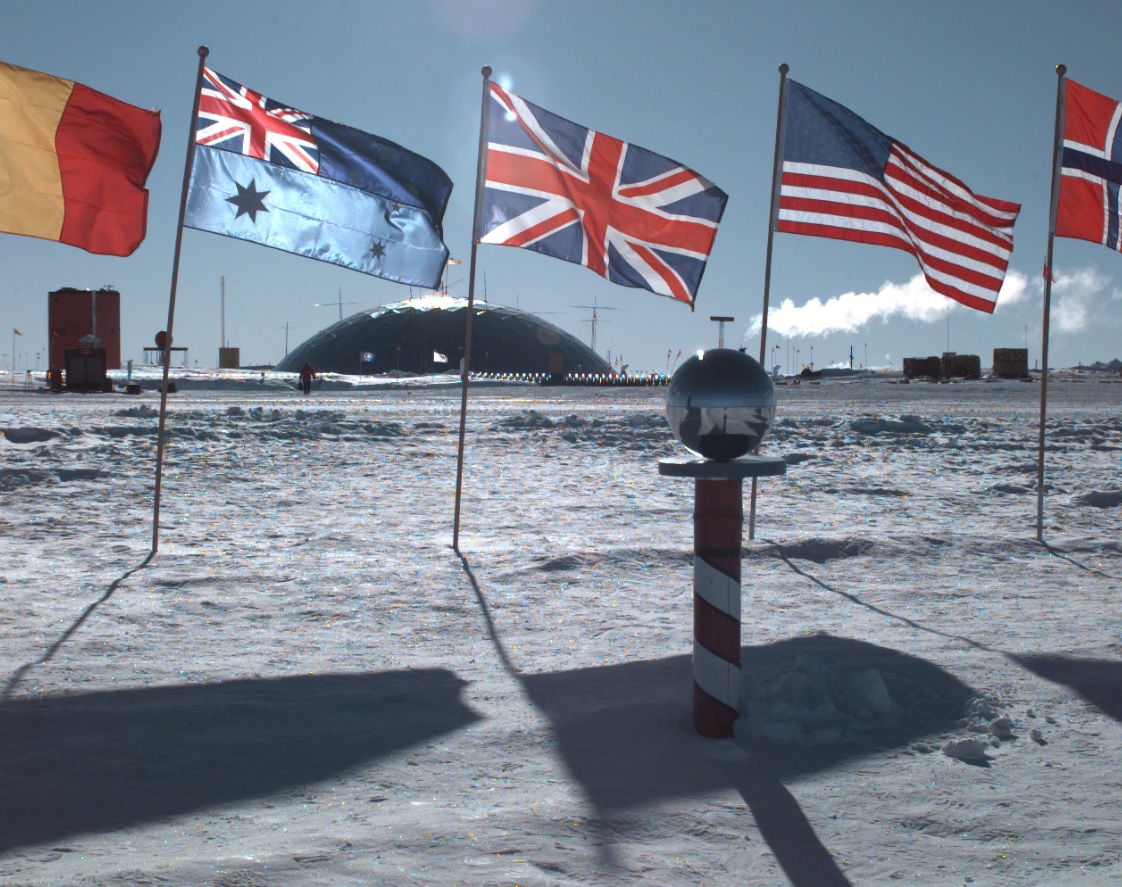Celebrating 60th anniversary of Antarctic Treaty, Know more on it!

- Country:
- United Kingdom
HIGHLIGHT
- Antarctica shall be used for peaceful purposes only.
- The present treaty shall not prevent the use of military personnel or equipment for scientific research or for any other peaceful purposes.
- Scientific personnel shall be exchanged in Antarctica between expeditions and stations.
- Any nuclear explosions in Antarctica and the disposal there of radioactive waste material shall be prohibited.
Many few may know about Antarctic Treaty that was signed on December 1, 1959 in Washington. On December 1, 2019, the world celebrated the 60th anniversary of Antarctic Treaty. Here we will give you a short glimpse on it, the cause behind the signing and how it is believed to protect the icy continent devoid of human population for centuries.
The Antarctic Treaty regulates international relations with respect to Antarctica. This treaty was an endeavor to protect Antarctica as a destination for peace, science and international cooperation. The main treaty was opened for signature on December 1, 1959 and officially entered into force on June 23, 1961.
With the advent of technology, a series of territorial claims continued to thrive to parts of Antarctica in the first decades of previous century. These tensions were eased by the International Geophysical Year of 1957-58. The original signatories were the 12 countries active in Antarctica during the International Geophysical Year (IGY) of 1957-58. Those countries having significant interests in Antarctica were the United States, the United Kingdom, Japan, Belgium, Argentina, South Africa, Australia, the Soviet Union, Chile, Norway, France and New Zealand. These countries had established over 55 Antarctic stations for the IGY. The treaty was a diplomatic expression of the operational and scientific co-operation that had been achieved ‘on the ice’.
The Antarctic Treaty mainly consists of 14 articles. Here are those in anecdotes:
- Antarctica shall be used for peaceful purposes only. There shall be prohibited, inter alia, any measures of a military nature, such as the establishment of military bases and fortifications, the carrying out of military maneuvers, as well as the testing of any type of weapons.
- The present treaty shall not prevent the use of military personnel or equipment for scientific research or for any other peaceful purposes.
- Freedom of scientific investigation in Antarctica and cooperation toward that end, as applied during the International Geophysical Year, shall continue, subject to the provisions of the present treaty.
- Scientific personnel shall be exchanged in Antarctica between expeditions and stations.
- Scientific observations and results from Antarctica shall be exchanged and made freely available.
- No new claim, or enlargement of an existing claim, to territorial sovereignty in Antarctica shall be asserted while the present treaty is in force.
- Any nuclear explosions in Antarctica and the disposal there of radioactive waste material shall be prohibited.
- The provisions of the present treaty shall apply to the area south of 60 degree South Latitude, including all ice shelves, but nothing in the present treaty shall prejudice or in any way affect the rights, or the exercise of the rights, of any State under international law with regard to the high seas within that area.
- Each of the Contracting Parties undertakes to exert appropriate efforts, consistent with the Charter of the United Nations, to the end that no one engages in any activity in Antarctica contrary to the principles or purposes of the present treaty.
- If any dispute arises between two or more of the Contracting Parties concerning the interpretation or application of the present treaty, those Contracting Parties shall consult among themselves with a view to having the dispute resolved by negotiation, inquiry, mediation, conciliation, arbitration, judicial settlement or other peaceful means of their own choice.
- Any dispute of this character not so resolved shall, with the consent, in each case, of all parties to the dispute, be referred to the International Court of Justice for settlement; but failure to reach agreement on reference to the International Court shall not absolve parties to the dispute from the responsibility of continuing to seek to resolve it by any of the various peaceful means referred to in paragraph 1 of this Article.
The main objective of the Antarctic Treaty is to ensure in the interests of all humankind that Antarctica shall continue forever to be used exclusively for peaceful purposes and shall not become the scene or object of international discord. Pursuant to Article 1, the treaty forbids any measures of a military nature, but not the presence of military personnel or equipment for the purposes of scientific research.










